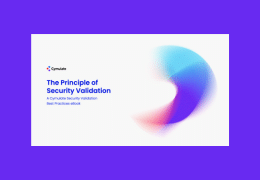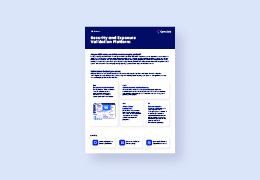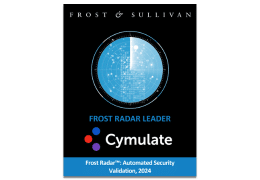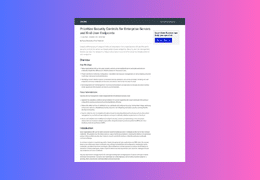Zeppelin ransomware is a derivative of the Delphi-based Vega malware family and functions as a Ransomware as a Service (RaaS).
Actors have used this malware to target a wide range of businesses and critical infrastructure organizations, including defense contractors, educational institutions, manufacturers, technology companies, and especially organizations in the healthcare and medical industries.
Zeppelin actors have been known to request ransom payments in Bitcoin, with initial amounts ranging from several thousand dollars to over a million dollars.
Zeppelin actors gain access to victim networks via RDP exploitation [T1133], exploiting SonicWall firewall vulnerabilities [T1190], and phishing campaigns [T1566].
Prior to deploying Zeppelin ransomware, actors spend one to two weeks mapping or enumerating the victim network to identify data enclaves, including cloud storage and network backups [TA0007].
Zeppelin actors can deploy Zeppelin ransomware as a .dll or .exe file or contained within a PowerShell loader.
Prior to encryption, Zeppelin actors exfiltrate [TA0010] sensitive company data files to sell or publish in the event the victim refuses to pay the ransom.
Once the ransomware is executed, a randomized nine-digit hexadecimal number is appended to each encrypted file as a file extension, e.g., file.txt.txt.C59-E0C-929 [T1486]. A note file with a ransom note is left on compromised systems.





